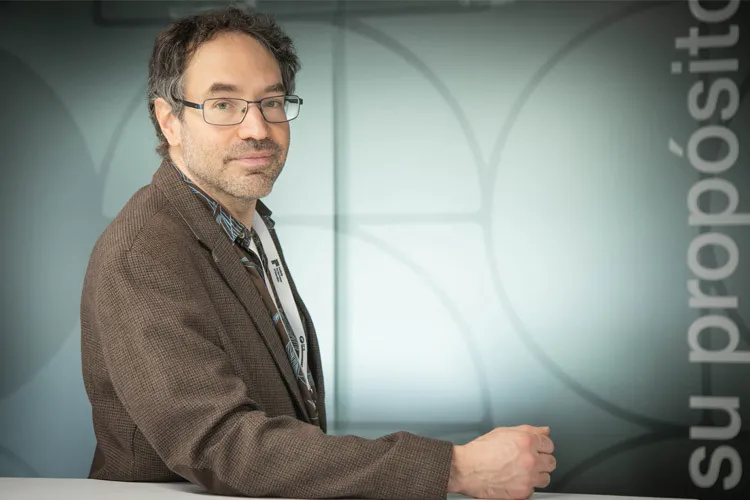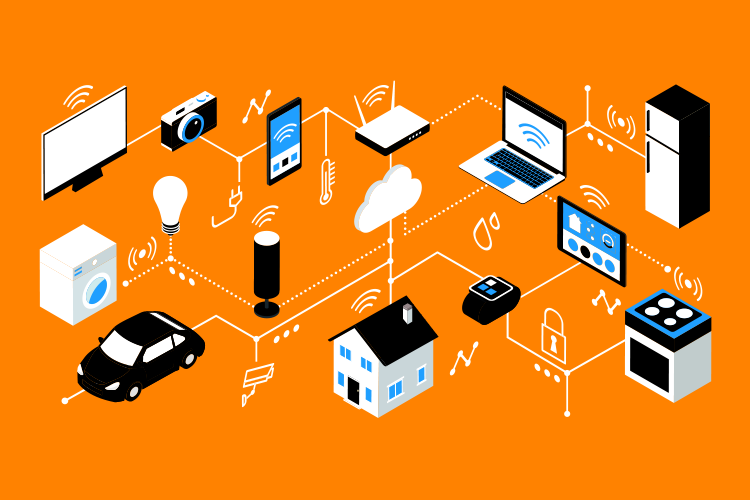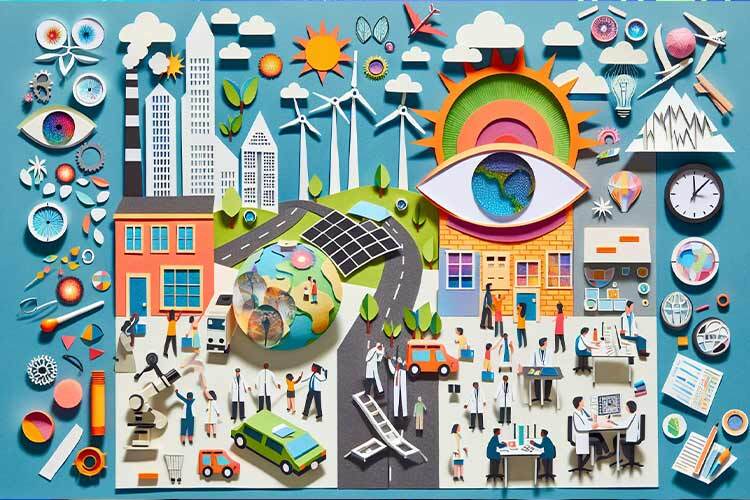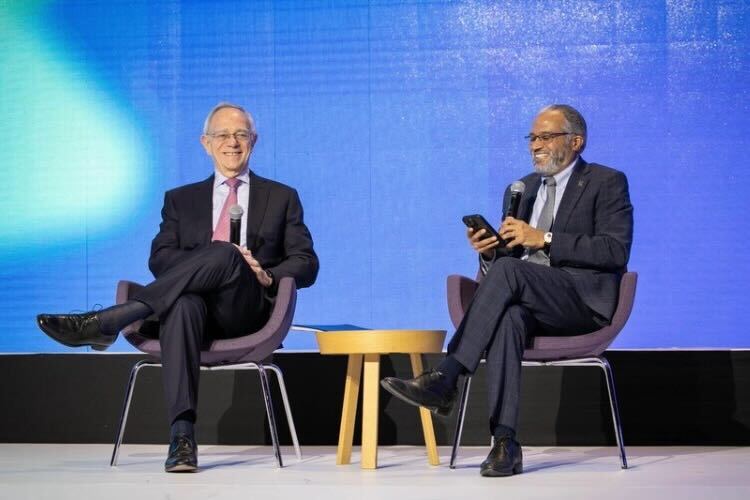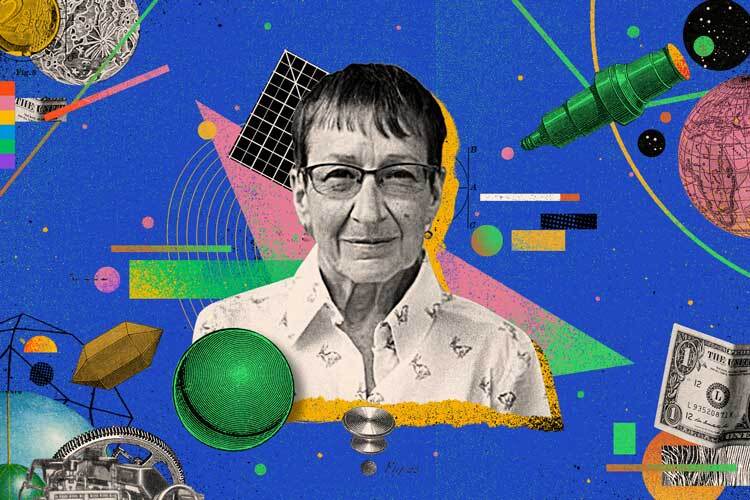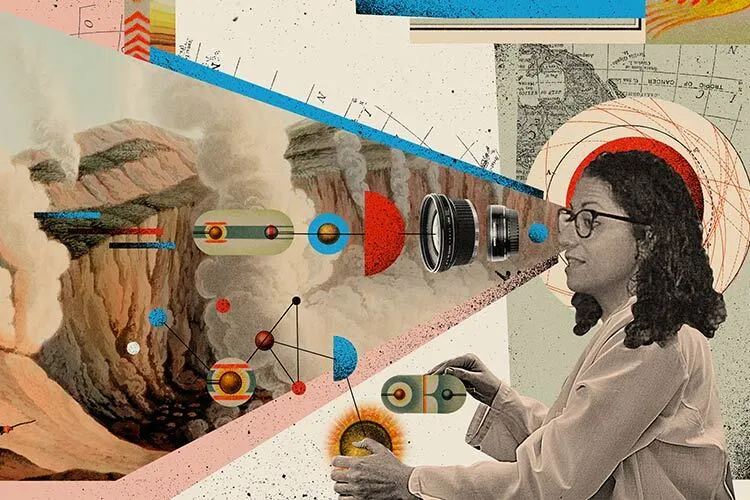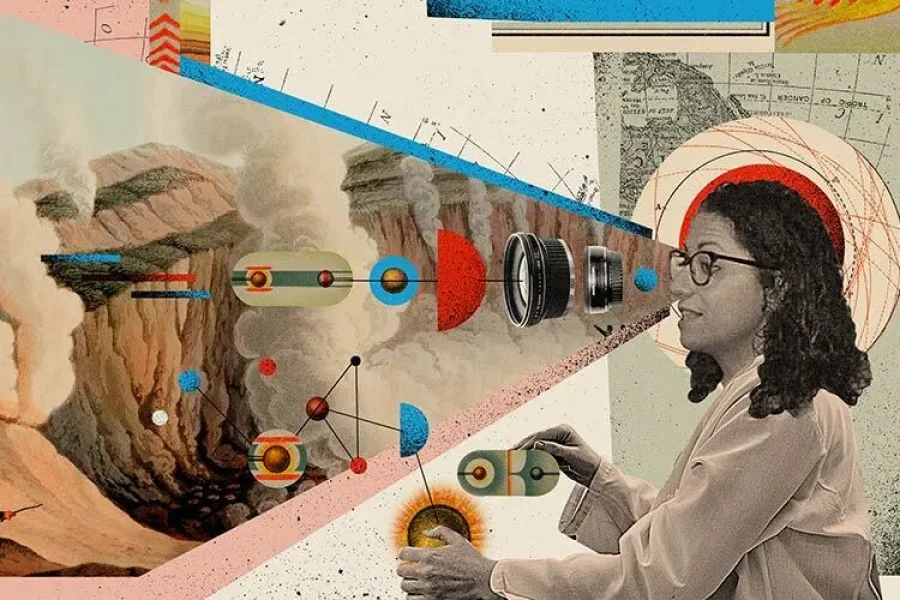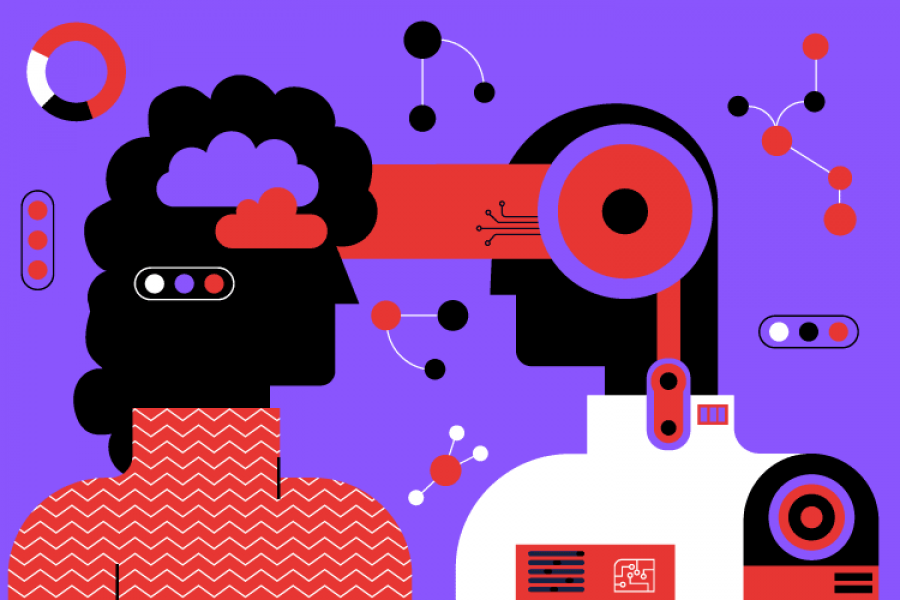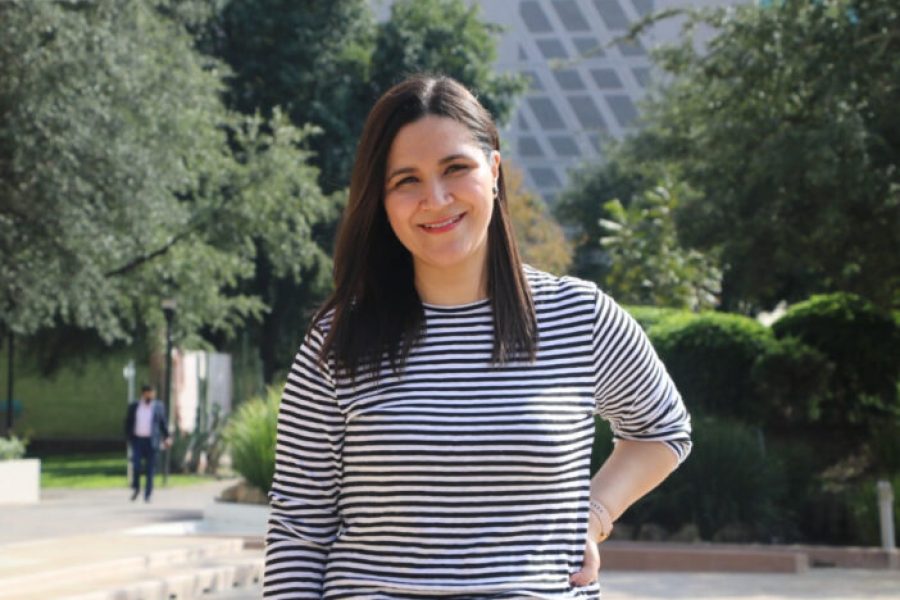Using Artificial Intelligence in education can seem threatening, especially for teachers who are not familiar with it. However, AI can have multiple benefits when teaching.
“The goal of these technologies is never to replace teachers, but to empower them,” said Ryan Baker, a researcher at the University of Pennsylvania, who spoke with TecScience, after his keynote conference Generative Artificial Intelligence and Education: What is new and what we can do, which took place on the second day of IFE Conference 2024.
Baker studies how generative AI models can be used to improve student learning in online courses. One of his greatest interests is to detect patterns of engagement and disengagement of students to optimize classes.
In addition, he seeks to expand the spectrum of subjects that can benefit from AI, since it has traditionally been used only in subjects such as calculus, physics or mathematics. Now they have tried it in biology and art classes.
The essential difference between generative AI and traditional AI is that traditional systems are mainly used to analyze information and make predictions, while generative AI goes a step further by creating new data.
However, according to research by Baker and his colleagues, for generative AIs to perform at their best, they need a combination of real and synthetic data.

Generative AI in classes
Focusing on generative artificial intelligences for creating text, such as ChatGPT, Khamingo and JeepyTA, the expert has found that it can be useful for students and teachers in various tasks.
It can help students rehearse, in real time, conversations in a language they are learning. It can assist teachers in grading more quickly as well as giving personalized feedback.
To ensure that students are really learning and not just perfecting their homework, teachers can teach them that the prompt – the instruction they give to the AI – needs to request that it explain where their mistakes are, so they can correct them, based on a deeper understanding.
“They can also ask students to turn in different versions of their assignment,” he said.
Moving forward, Baker recommends teachers who are not familiar with AI to start using it for simple tasks that students can really benefit from.
“If we use these technologies correctly, it will lead to a human-computer system of education that’s better than what we have now,” he recommended.
